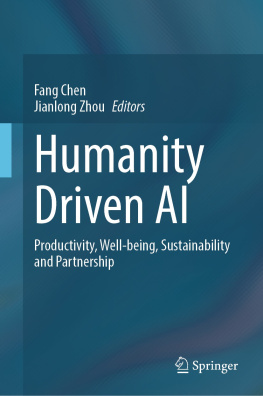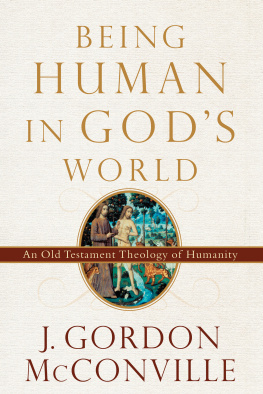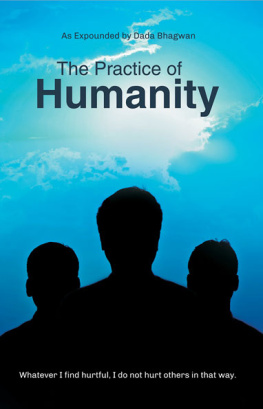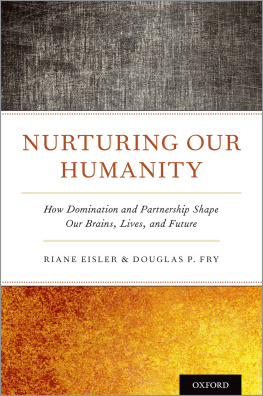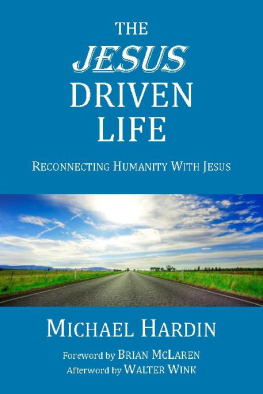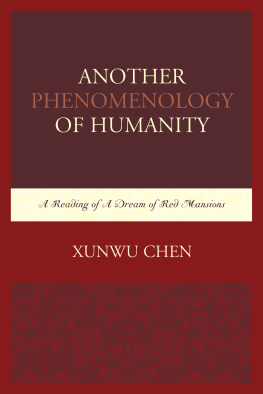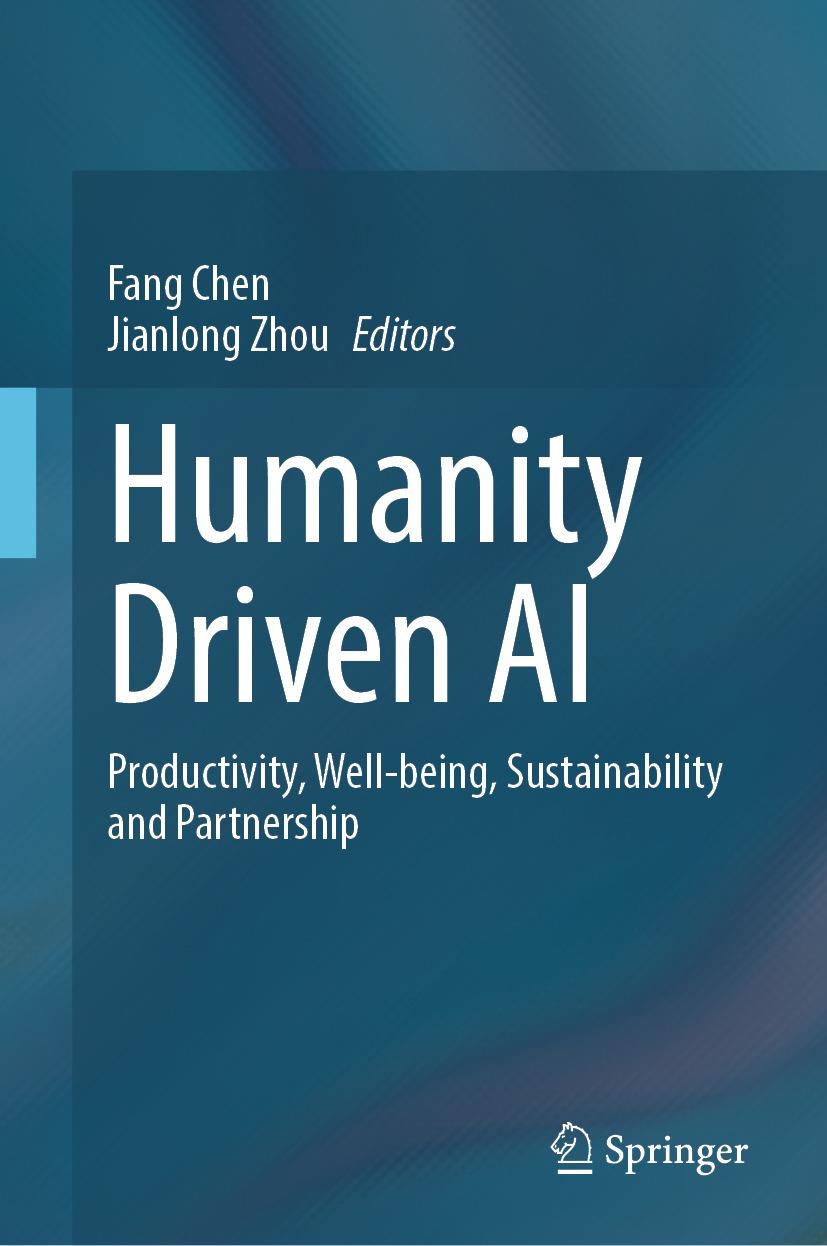Editors
Fang Chen
University of Technology Sydney, Sydney, NSW, Australia
Jianlong Zhou
University of Technology Sydney, Sydney, NSW, Australia
ISBN 978-3-030-72187-9 e-ISBN 978-3-030-72188-6
https://doi.org/10.1007/978-3-030-72188-6
The Editor(s) (if applicable) and The Author(s), under exclusive license to Springer Nature Switzerland AG 2022
This work is subject to copyright. All rights are solely and exclusively licensed by the Publisher, whether the whole or part of the material is concerned, specifically the rights of translation, reprinting, reuse of illustrations, recitation, broadcasting, reproduction on microfilms or in any other physical way, and transmission or information storage and retrieval, electronic adaptation, computer software, or by similar or dissimilar methodology now known or hereafter developed.
The use of general descriptive names, registered names, trademarks, service marks, etc. in this publication does not imply, even in the absence of a specific statement, that such names are exempt from the relevant protective laws and regulations and therefore free for general use.
The publisher, the authors and the editors are safe to assume that the advice and information in this book are believed to be true and accurate at the date of publication. Neither the publisher nor the authors or the editors give a warranty, expressed or implied, with respect to the material contained herein or for any errors or omissions that may have been made. The publisher remains neutral with regard to jurisdictional claims in published maps and institutional affiliations.
This Springer imprint is published by the registered company Springer Nature Switzerland AG
The registered company address is: Gewerbestrasse 11, 6330 Cham, Switzerland
Preface
Artificial intelligence (AI) is changing the world around us dramatically. Along with the development of the digital age, AI technologies have been rapidly blossoming, advancing and maturing. Through AI, machines have exhibited human-like cognition, as they relieve workers of repetitive or dangerous tasks. AI is, therefore, claimed to be the driving force of the Fourth Industrial Revolution. When we look at the past 200 years, the previous industrial revolutions have radically improved the standards of living for humans. As AI becomes more sophisticated and gains the ability to perform more complex human tasks, we will only see more and more questions regarding what AI will be in decadesand what it means, not just for business, but for humanity as a whole, and for the future of humans and society. Ultimately, AI will change the way people are living, working and entertaining.
Let us draw our attention to how much human expertise revolves around data, how much knowledge can be encoded into data and how much knowledge can be formed via analysis of data. AI is uniquely situated for automating routine knowledge work and generating new insights from available data. Such AI abilities create different excellent smart systems to improve productivity for different purposes. For example, AI can continuously monitor the condition of critical infrastructures (e.g. bridges, water pipes) and predict their risks and failures automatically. AI-driven intelligent transport systems allow to monitor transport volumes to avoid heavy congestions and provide on-demand transport capabilities. Moreover, AI will play even more critical roles in dangerous fields like mining, firefighting and clearing mines for not only productivity but also human safety.
While we continuously find that AI benefits various aspects of human needs, increased human social and economic activity creates more opportunities for AI to achieve human goals. The addition of AI to existing world not only removes obstacles to human creativity, but also turbocharges human skills with the cognitive and processing power of AI. New opportunities are being created to enhance human well-being. For example, AI can be put to work in human services, enabling intelligent processes that improve service delivery speed, providing insight-driven services that optimise decision-making and offering proactive and personalised support at the right time, thereby delivering new and improved personalised services for citizens. AI is also changing the recruiting and hiring processing, matching job seekers to the most relevant open positions. Besides, AI plays tremendous roles in fighting COVID-19 pandemic to protect people from virus infections. AI can benefit human well-being significantly, in almost as many ways as it is possible to imagine.
Climate change and global warming are increasingly becoming major concerns of society, resulting in the growing awareness of the importance of sustainable activities. AI has the potential to greatly improve environmental sustainability by achieving better monitoring, understanding and prevention of damage and overuses on the Earths land, air and water. For example, AI can help water and waste management systems to more efficiently monitor water loss (e.g. water leakage) and water quality. It can also more effectively manage sewer water processing such as by adding reasonable chemical dosing, as to lessen environmental impacts. Furthermore, AI can be used to better monitor air pollutions and identify sources of air quality issues faster and more accurately. Moving to the energy sector, AI can make renewable energy technology like solar panels and wind turbines more efficient and cost effective by optimising relevant parameters. AI enables to develop more efficient and greener systems for the more sustainable futurein the right applications, it can only lower our dependence on fossil fuels and move our paths towards sustainable use of land.
As varied as the applications of AI can be, the crux of the matter is the following: human and AI actively enhance each others complementary strengths for a partnership. AI augments human capabilities and empowers individuals for better decisions, while humans assist AI in training models, explain the AI outcomes with domain knowledge and sustain the responsible use of AI, such as by preventing AI from harming humans. AI needs to follow a core principle that anything an AI does has to fit into a human-centred value system, not a machine-centred value system, by taking unique human abilities into account. Such humanAI collaboration, or partnership, can only be beneficial. AI does not exist without the human in partnership and, therefore, fundamentally needs to fit into value systems that are human in nature. As such, we only continue to advance our understanding of how AI functions as a facilitator to achieve and enhance human goals, from basic needs to high-level well-being. These understandings advance along with the development of AI technologies and grow as we realise the large and numerous impacts of AI on society.
The above observations and discussions motivate the editing of this book: Humanity Driven AI. The edited book makes a systematic investigation into how AI functions as a facilitator to achieve and enhance human needs in the digital age. We report the state-of-the-art advances in theories, techniques and applications of humanity-driven AI. The book specifically focuses on four aspects of humanity that AI can interact with:

